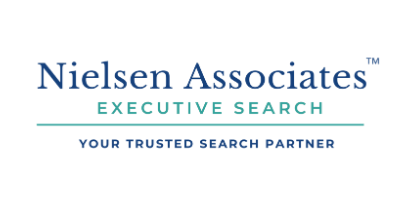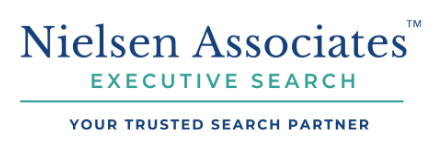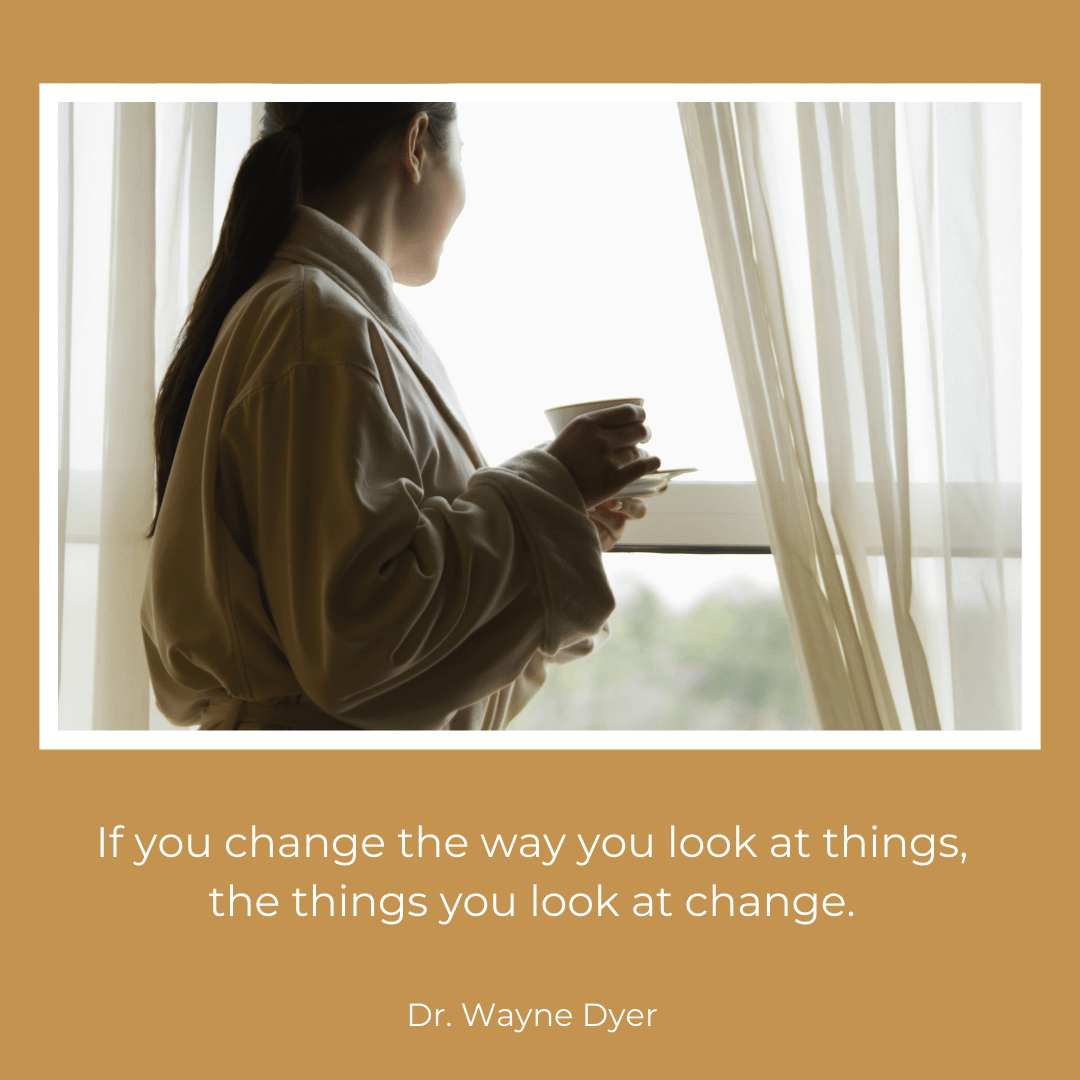Gratitude + Goals: Welcome to 2021
A look back, and a look ahead.
When ringing in the new year, it’s traditional to take stock. We look back on the year, recalling significant events at home and abroad. We recap the best and worst of pop culture; and we examine the trends in every industry - what surprised us, what flopped, what’s ahead on the horizon. We articulate change, and predict with hope for the coming year. You might say this is our New Year’s “ nature.” It’s just something we do, every 365 days, collectively, across the globe. It’s a retrospective that’s familiar.
As we return to our desks and wrap up 2020, the customary ‘year-in-review’ feels different; and why wouldn’t it? 2020 was the year that everything changed —and is still changing. The news of COVID-19 came early; shifting how we live and work. All year, the pandemic dominated everything.
A quick glance on Instagram reveals a crowd of people creatively booing and hissing as they work publicly on adjusting. This is the new normal, and it’s understandable. Whenever humans are required to move out of their comfort zone, manage unprecedented change, and do things differently, there’s always going to be resistance. This is true when you’re implementing new HR policies; it’s true when you’re rolling out new software to employees, it’s true when you start a new fitness routine. Change isn’t easy; and we are creatures of habit.
The headlines are still churning; additional shutdowns are happening daily in New York; and facemasks are still flying off the racks; but perspective is everything. When you look deeper than your news feed, there are remarkable outcomes that everyone, working together, brought about.
2020 was the year that we learned a lot about ourselves; as individuals, as family, as employees, and as members of our community. Despite (and because of) the challenges we faced, we have much to be proud of and grateful for:
We are agile.
In recruiting, we talk about agility all the time, but 2020 was a year where our ability was put to the test. We quickly found new ways to get work done; we mastered new technology; we revised our plans and time-tested strategies. Many were challenged to communicate and lead teams during the crisis, and rose to the occasion.
We are flexible.
Conservative companies are now demonstrating that flexible schedules, remote work, and progressive, employee-centered policies are not only possible, but effective strategies that cultivate work-life balance.
We are prepared.
In the world of risk-management, there were two types of organizations before COVID: those with a solid, comprehensive business continuity plan; and those with an emergency phone chain. Organizations with a solid plan were able to execute, evaluate, modify, and improve all aspects of disaster recovery operations. Organizations without a plan gained new perspectives on the importance of having a granular strategy and the infrastructure and resources to support it.
We are connected and equipped with technology.
We didn’t need COVID to remind us that you can shop online; and everybody knows there’s an app for basically anything you need. But what’s remarkable are the families gathering on zoom to honor holidays; churches offering zoom worship, and live yoga classes you can attend from your living room. There are students taking classes from home with more time for creative, independent work. And there’s work teams getting more done than ever before because they adopted faster, digital ways to communicate, collaborate, and share ideas. We have so much technology at our fingertips, and for many people, 2020 was a year to sample it.
A look ahead at 2021
Compensation:
Many companies made compensation changes during the crisis, while others need to make them in order to reopen, which may include hazard pay or compensation increases. If bonuses and annual salary increases were impacted in 2020, many are evaluating and revising their programs for the upcoming calendar year.
Productivity and Performance Management:
Progressive employers who want to continue nurturing a flexible, agile, remote workforce are considering new technologies for project and performance management. HR and Tech Leaders will need to select and implement the best tools so teams have the ability to communicate vision and business goals with impact, and managers can track, measure and reward employee performance remotely.
Culture, Diversity, Equity, and Inclusion:
From a diversity standpoint, an obvious upside of having a remote workforce is the ability to curate teams from around the world with a variety of perspectives, experiences, and skill sets. The downside is having isolated workers, where it’s more difficult to furnish work environments that feel welcoming and inclusive; and it’s a challenge to infuse the culture of your brand into the workday. Companies who have mature culture and inclusion initiatives will focus on how to make their strategies digital; and companies just getting started will allocate dedicated resources to prioritize Culture, Diversity, and Inclusion.
Later on this month, we’ll be sharing a collection of productivity apps to help with the goals ahead. Whether you need to crystalize the vision, manage multiple remote projects, or strengthen team connections in 2021, you’ll want to tune in.















